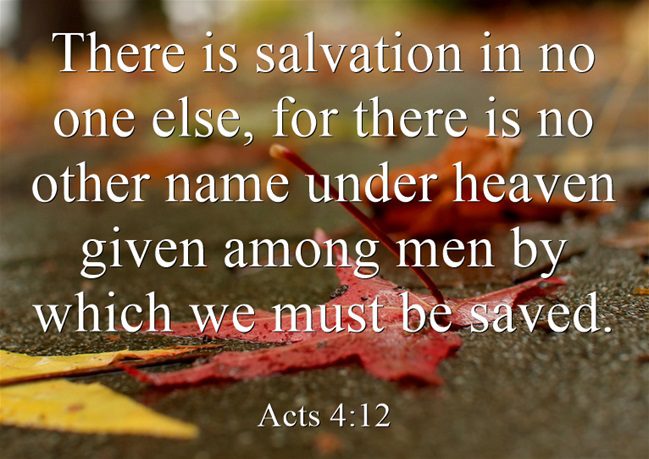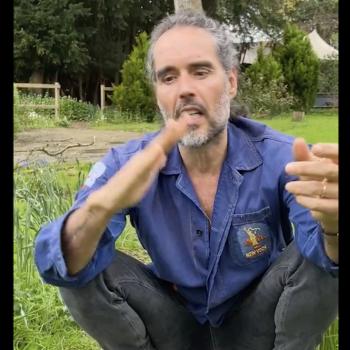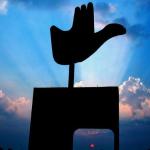Have you heard of the so-called “the Bible Belt?” Where is it exactly and why is it called that?
What is the Bible Belt?
The phrase “Bible Belt” is an informal term for a region in the southeastern and southcentral United States where socially conservative evangelical Protestantism plays a strong role in both the political spectrum and in society in general. The Bible Belt is in the southeastern quarter of the U.S. running from the New Mexico-Texas border up to Kansas and then northeastward to Missouri all the way to the east coast and includes Kentucky and Tennessee all the way to West Virginia and Virginia and all the way down to Florida. The Bible Belt seems close to the demarcation of the imaginary Mason-Dixon Line that divided the nation just before and during the Civil War and seemed to mark the borders of the North and the South. During the so-called colonial period of 1607 to about 1776, the South was dominated by the Anglican Church but transitioned to a non-Anglican Protestantism through a series of revivals and evangelism, spurred on by the many Baptist denominations. This is an area of the contiguous (or lower) United States where the inhabitants are believed to hold non-critical allegiance to the literal accuracy of the Bible and is an area that is characterized by ardent religious fundamentalism. The Bible Belt is still in existence today although there has been a slight erosion over time.
The Conservative Belt
The Bible Belt has also been a stronghold of the Republican Party for many years. Since 1980 those living in the Bible Belt have predominantly voted for a Republican candidate in every election. As such, this area is very conservative compared to the rest of the United States, with particular respect to the northeastern and west coasts of America. You would have a difficult time delineating the old Confederate States of America and the Bible Belt on a map. Years ago if you were to describe a Bible Belt Christian, you might discover that some do not allow smoking, drinking, dancing, card playing, or even kissing in public. That has changed somewhat with the times although there are still pockets where these views are firmly held too like in the southern Appalachian Mountain areas and in much of Mississippi. They live their lives in a conservative fashion with no apologies although they readily admit that they are not perfect but have been forgiven and have been declared perfect by the Son of God’s atoning work at Calvary (2 Cor 5:21).
The Great Awakening
During perhaps the greatest revival in American history, called the Great Awakening, between the early 18th century and the late 19th century, if there was thought to have been a Bible Belt, it would have been considered to be in the North, particularly in Massachusetts with the Puritans and in Pennsylvania with the Quakers. About 1790, there was a gigantic spiritual revival and associated movement that eventually swept through much of the nation. Methodists, Baptists, Presbyterians, and other denominations, were swept up in the Great Awakening. The Great Awakening came over on the wake of the same awakening in Great Britain. That was when America experienced its first great revival and today’s fundamentalist Bible Belt is a direct result of that wave or awakening. Methodists, Baptists, Presbyterians, and other denominations, were swept up in the Great Revival.
Conclusion
Today we need revival but no one that isn’t first saved can have revival because you have to be born again before you can be revived or have revival. Revival is not just setting up a tent and having a prayer meeting and preaching sessions. A person must first be born again (John 3:3, 7) before they can have revival. If they have had a time in their life when they have repented of their sins, meaning that they have turned away from them and forsaken them, and then put their trust in Christ, then they can have revival. Here is where revival must begin: Where you are standing, draw a circle around you…revival starts within that circle and then it spreads outward to other members of the Body of Christ. Unless revival starts with us, it can never go any further. If you believe in Christ, then you can be saved (Acts 4:12) but if not, you chose the only way of escaping the wrath of God (John 3:36b) and will face the wrath of God (Rev 20:12-15).
Article by Jack Wellman
Jack Wellman is Pastor of the Mulvane Brethren church in Mulvane Kansas. Jack is also the Senior Writer at What Christians Want To Know whose mission is to equip, encourage, and energize Christians and to address questions about the believer’s daily walk with God and the Bible. You can follow Jack on Google Plus or check out his book Blind Chance or Intelligent Design available on Amazon.
















